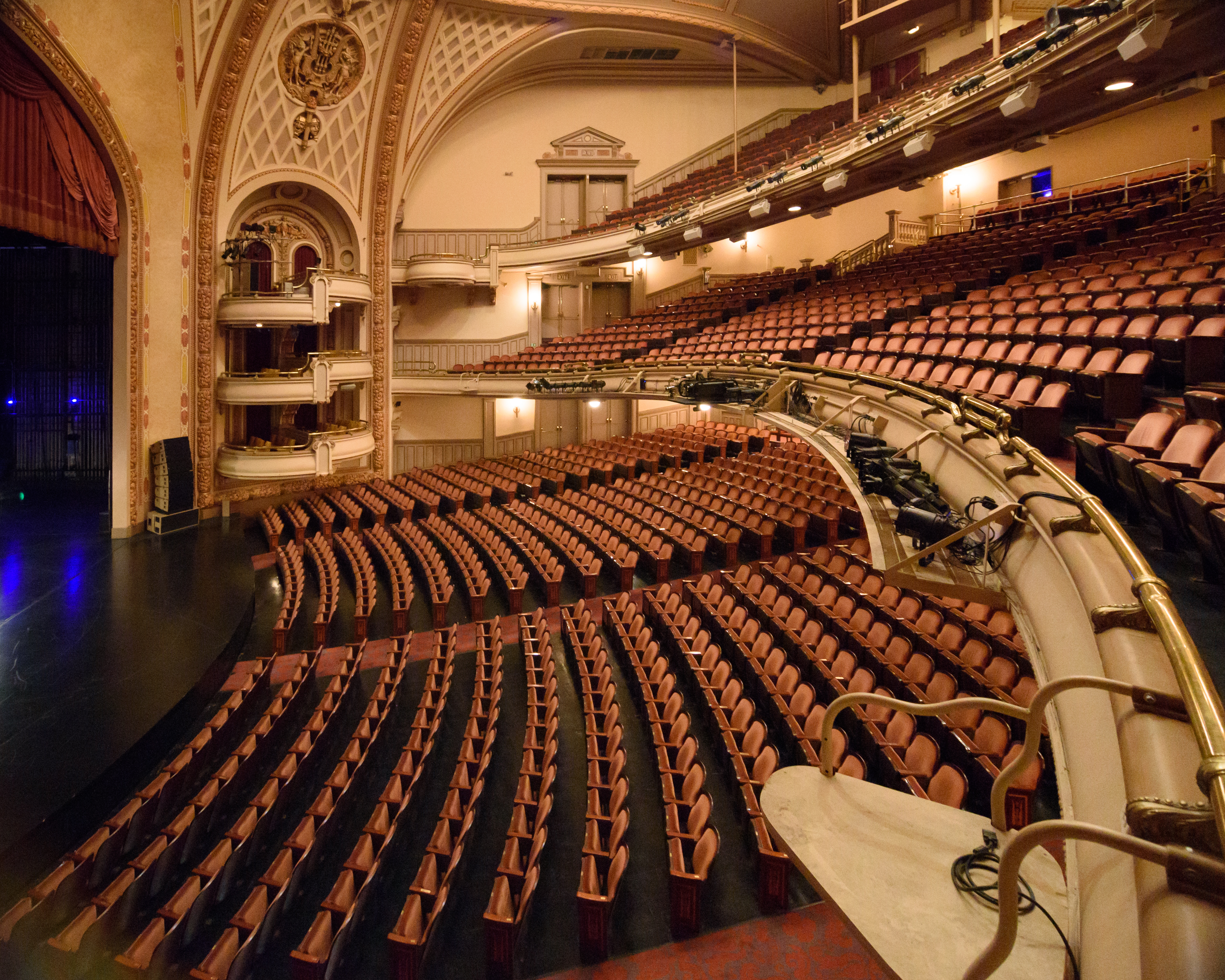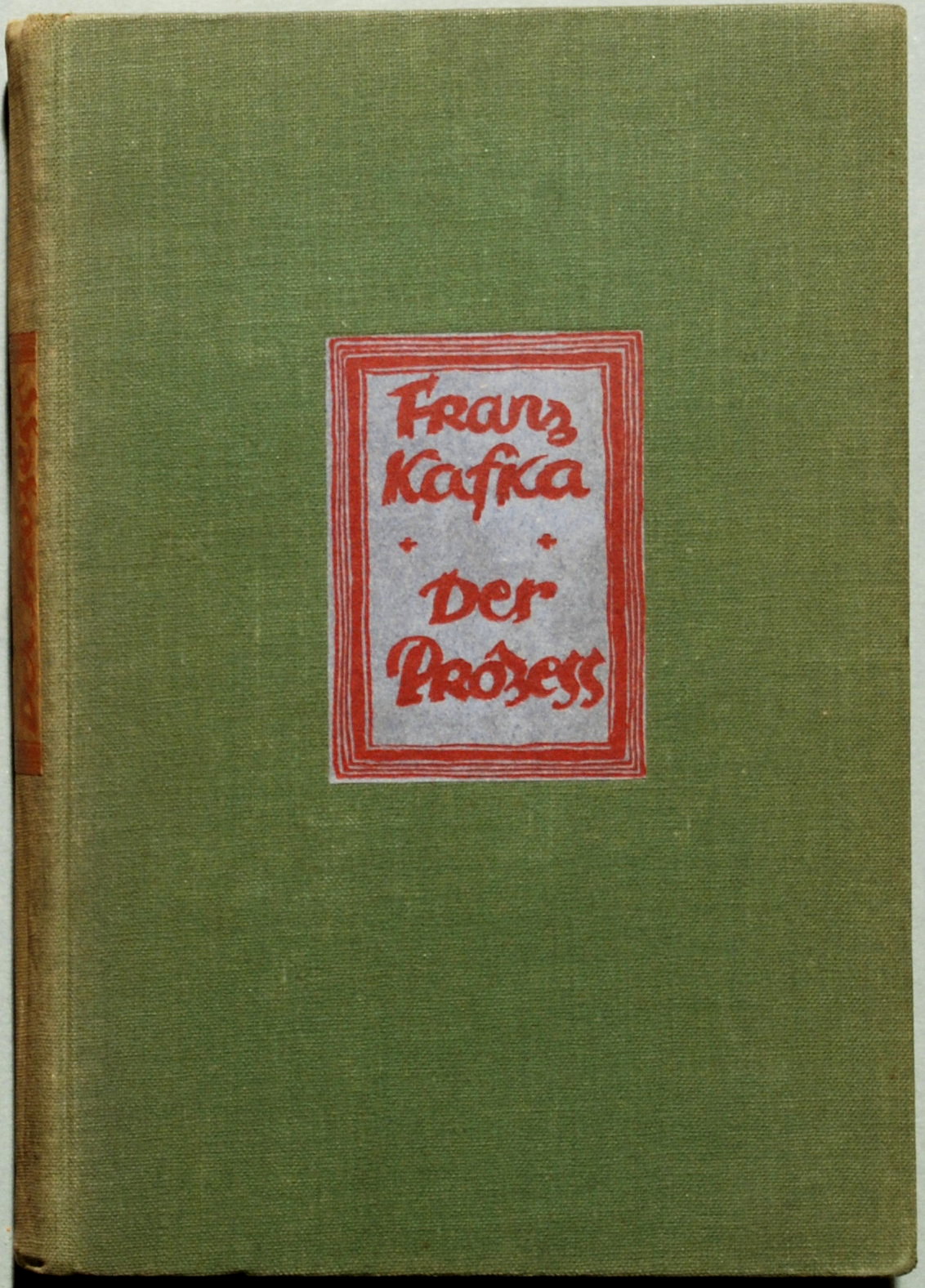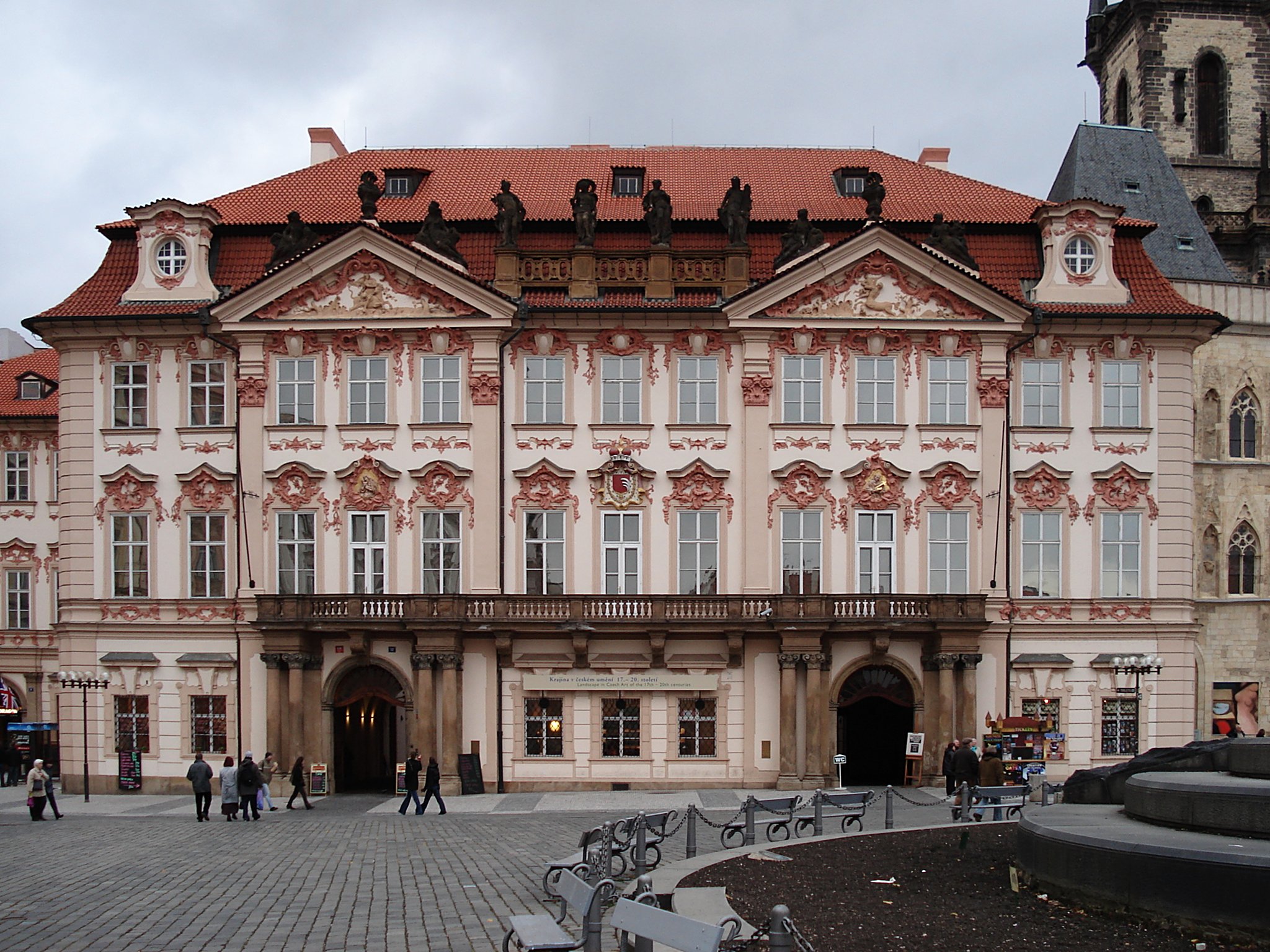|
François Girard
François Girard (born January 12, 1963) is a French Canadian director and screenwriter from Montreal. Born in Saint-Félicien, Quebec, Girard's career began on the Montreal art video circuit. In 1990, he produced his first feature film, ''Cargo''; he attained international recognition following his 1993 '' Thirty Two Short Films About Glenn Gould'', a series of vignettes about the life of piano prodigy Glenn Gould. In 1998, he wrote and directed ''The Red Violin'', which follows the ownership of a red violin over several centuries. ''The Red Violin'' won an Academy Award for Best Original Score, thirteen Genie Awards and nine Jutra Awards. He has also directed various works for the stage, including Stravinsky's '' Symphony of Psalms'', ''Oedipus Rex'', and Alessandro Baricco's ''Novecento'' at the Edinburgh International Festival; Kafka's '' The Trial'', adapted for the stage by Serge Lamothe at the National Arts Centre, Ottawa; the oratorio '' Lost Objects'' at the Brookl ... [...More Info...] [...Related Items...] OR: [Wikipedia] [Google] [Baidu] |
Saint-Félicien, Quebec
Saint-Félicien () is a city in the Canadian province of Quebec. The town is located within the Le Domaine-du-Roy Regional County Municipality in the Saguenay-Lac-Saint-Jean region. Its population as of 2021 is 10,089. History The town was founded in 1864 when the first settlers from Charlevoix and Chicoutimi arrived. It became a municipality in 1882 and the parish was established in 1884 before becoming a city in 1976 after a merger. Agriculture and saw wood were the predominant economic activities across the region in addition to hunting, fishing and dairy. The railroad started to serve the area in 1917. Wood pulp became a major contributor in the local economy starting in the 1970s. In 1971, the Cégep de Saint-Félicien opened in the city. It continues to be the primary college for the city and neighbouring towns such as Normandin and Dolbeau-Mistassini. It is the only college in Québec that offers classes in forestry. In 1996, the municipality of Saint-Methode was mer ... [...More Info...] [...Related Items...] OR: [Wikipedia] [Google] [Baidu] |
Stravinsky
Igor Fyodorovich Stravinsky ( – 6 April 1971) was a Russian composer and conductor with French citizenship (from 1934) and American citizenship (from 1945). He is widely considered one of the most important and influential composers of the 20th century and a pivotal figure in modernist music. Born to a musical family in Saint Petersburg, Russia, Stravinsky grew up taking piano and music theory lessons. While studying law at the University of Saint Petersburg, he met Nikolai Rimsky-Korsakov and studied music under him until the latter's death in 1908. Stravinsky met the impresario Sergei Diaghilev soon after, who commissioned the composer to write three ballets for the Ballets Russes's Paris seasons: ''The Firebird'' (1910), '' Petrushka'' (1911), and ''The Rite of Spring'' (1913), the last of which caused a near-riot at the premiere due to its avant-garde nature and later changed the way composers understood rhythmic structure. Stravinsky's compositional career is oft ... [...More Info...] [...Related Items...] OR: [Wikipedia] [Google] [Baidu] |
The Seven Deadly Sins (ballet Chanté)
''The Seven Deadly Sins'' (, ) is a satirical ''ballet chanté'' ("sung ballet") in seven scenes (nine movements, including a Prologue and Epilogue) composed by Kurt Weill to a German libretto by Bertolt Brecht in 1933 under a commission from Boris Kochno and Edward James. It was translated into English by W. H. Auden and Chester Kallman and more recently by Michael Feingold. It was the last major collaboration between Weill and Brecht. Origins With the Nazi seizure of power following the Reichstag fire of 27 February 1933, Brecht and Weill–especially Weill as a Jew–recognized that Berlin could no longer serve as their artistic home. Brecht left Berlin and traveled to Paris, stayed briefly in Prague, and then in Vienna. Less than a month later he was in Zurich and then moved to less expensive lodgings in Lugano, Switzerland. There a patron offered him living quarters in his summer home in Carona, outside Lugano. Weill spent time in Paris in December 1932, where he obtained ... [...More Info...] [...Related Items...] OR: [Wikipedia] [Google] [Baidu] |
Siegfried (opera)
''Siegfried'' (), Wagner-Werk-Verzeichnis, WWV 86C, is the third of the four epic poetry, epic music dramas that constitute Richard Wagner's Literary cycle, cycle ''Der Ring des Nibelungen'' (English: ''The Ring of the Nibelung''). It premiered at the Bayreuth Festspielhaus on 16 August 1876, as part of the first complete performance of ''The Ring'' cycle. The autograph manuscript of the work is preserved in the Richard Wagner Foundation. Background and context The libretto of ''Siegfried'' was drafted by Wagner in November–December 1852, based on an earlier version he had prepared in May–June 1851 and originally entitled ''Jung-Siegfried'' (''Young Siegfried''), later changed to ''Der junge Siegfried''. The musical composition was commenced in 1856, but not finally completed until 1871.Millington, (n.d.) The libretto arose from Wagner's gradual reconception of the project he had initiated with his libretto ''Siegfrieds Tod'' (''Siegfried's Death'') which was eventually t ... [...More Info...] [...Related Items...] OR: [Wikipedia] [Google] [Baidu] |
Brooklyn Academy Of Music
The Brooklyn Academy of Music (BAM) is a multi-arts center in Brooklyn, New York City. It hosts progressive and avant-garde performances, with theater, dance, music, opera, film programming across multiple nearby venues. BAM was chartered in 1859, presented its first show in 1861, and began operations in its present location in Fort Greene, Brooklyn, in 1908. The Academy is incorporated as a New York State not-for-profit corporation. It has 501(c)(3) status. Gina Duncan has served as president since April 2022. David Binder became artistic director in 2019. History Original facility On October 21, 1858, a meeting was held at the Polytechnic Institute to measure support for establishing ''"a hall adapted to Musical, Literary, Scientific and other occasional purposes, of sufficient size to meet the requirements of our large population and worth in style and appearance of our city."'' [...More Info...] [...Related Items...] OR: [Wikipedia] [Google] [Baidu] |
Lost Objects
Lost or LOST may refer to getting lost, or to: Arts, entertainment, and media Television * ''Lost'' (TV series), a 2004 American drama series about people who become stranded on a mysterious island * ''Lost'' (2001 TV series), a short-lived American and UK reality series * ''Lost'' (South Korean TV series), a 2021 South Korean series * "Lost" (''The Bill''), a 1985 episode * "Lost" (''Stargate Universe''), an episode of science fiction series ''Stargate Universe'' *"Lost", an episode of ''Unleashed!'' *"Lost", an episode of the Canadian documentary TV series ''Mayday'' *"Lost", an episode of Disney's ''So Weird'' * "The Lost" (''Class''), an episode of the first series of the ''Doctor Who'' spin-off series ''Class'' Films * ''Lost'' (1950 film), a Mexican film directed by Fernando A. Rivero * ''Lost'' (1956 film), a British thriller starring David Farrar * ''Lost'' (1983 film), an American film directed by Al Adamson * ''Lost!'' (film), a 1986 Canadian film directed by Peter R ... [...More Info...] [...Related Items...] OR: [Wikipedia] [Google] [Baidu] |
National Arts Centre
The National Arts Centre (NAC) () is a Arts centre, performing arts organization in Ottawa, Ontario, along the Rideau Canal. It is based in the eponymous National Arts Centre (building), National Arts Centre building. History The NAC was one of several projects launched by the government of Lester B. Pearson to commemorate Canada's Canadian Centennial, 1967 centenary. It opened its doors to the public for the first time on May 31, 1969, at a cost of Canadian dollar, C$46 million. In February 2014, the centre unveiled a new logo and slogan, ''Canada is our stage,'' in preparation for its fiftieth anniversary in 2019. The former logo had been designed by Montreal graphic designer Ernst Roch and had been in use since the centre's opening. In October 2015, initial talks about plans to develop an Indigenous theatre were held between NAC leadership, Indigenous peoples in Canada, Indigenous performers and community leaders from across Canada with the aim of making Indigenous theatre ... [...More Info...] [...Related Items...] OR: [Wikipedia] [Google] [Baidu] |
Serge Lamothe
Serge Lamothe (born February 15, 1963) is a French-Canadian writer. Education He holds a master's degree in literature from Laval University in Quebec City. Career He was a member of the board and vice president, in 2005, of UNEQ (Quebec Writers Union). From 2006 to 2015, he was a member of the board of the FIL (International Festival of Literature) in Montreal, Canada. Theater *''Le Prince de Miguasha'', radio play, Radio-Canada, 2003. *''Rapports intimes'', translation & adaptation of ''Intimate Exchanges'' by Alan Ayckbourn, 2003. *''Le Procès de Kafka'', stage adaptation of ''The Trial'', by Franz Kafka, 2004. *''Le fusil de chasse'', stage adaptation of ''The Hunting Gun'', by Yasushi Inoue, 2010. *''Kinkaku-ji'', stage adaptation of ''The Temple of the Golden Pavilion'' by Yukio Mishima, directed by Amon Miyamoto, Kanagawa Arts Theatre, Tokyo, and Lincoln Center, NYC, 2011. *''Waiting for Godot'', by Samuel Beckett, dramatist, directed by François Girard, Théâtre du ... [...More Info...] [...Related Items...] OR: [Wikipedia] [Google] [Baidu] |
The Trial
''The Trial'' () is a novel written by Franz Kafka in 1914 and 1915 and published posthumously on 26 April 1925. One of his best-known works, it tells the story of Josef K., a man arrested and prosecuted by a remote, inaccessible authority, with the nature of his crime revealed neither to him nor to the reader. Heavily influenced by Dostoevsky's '' Crime and Punishment'' and '' The Brothers Karamazov'', Kafka even went so far as to call Dostoevsky a blood relative. Like Kafka's two other novels, '' The Castle'' and '' Amerika'', ''The Trial'' was never completed, although it does include a chapter that appears to bring the story to an intentionally abrupt ending. After Kafka's death in 1924, his friend and literary executor Max Brod edited the text for publication by Verlag Die Schmiede. The original manuscript is held at the Museum of Modern Literature, Marbach am Neckar, Germany. The first English-language translation, by Willa and Edwin Muir, was published in 1937. In 1 ... [...More Info...] [...Related Items...] OR: [Wikipedia] [Google] [Baidu] |
Kafka
Franz Kafka (3 July 1883 – 3 June 1924) was a novelist and writer from Prague who was Jewish, Austrian, and Czech and wrote in German. He is widely regarded as a major figure of 20th-century literature. His work fuses elements of realism and the fantastique, and typically features isolated protagonists facing bizarre or surreal predicaments and incomprehensible socio- bureaucratic powers. It has been interpreted as exploring themes of alienation, existential anxiety, guilt, and absurdity. His best-known works include the novella '' The Metamorphosis'' (1915) and the novels '' The Trial'' (1924) and '' The Castle'' (1926). The term '' Kafkaesque'' has entered the English lexicon to describe bizarre situations like those depicted in his writing. Kafka was born into a middle-class German- and Yiddish-speaking Czech Jewish family in Prague, the capital of the Kingdom of Bohemia, which belonged to the Austrian part of the Austro-Hungarian Empire (now the capital of t ... [...More Info...] [...Related Items...] OR: [Wikipedia] [Google] [Baidu] |
Edinburgh International Festival
The Edinburgh International Festival is an annual arts festival in Edinburgh, Scotland, spread over the final three weeks in August. Notable figures from the international world of music (especially european classical music, classical music) and the performing arts are invited to join the festival. Visual art exhibitions, talks and workshops are also hosted. The first 'International Festival of Music and Drama' took place between 22 August and 11 September 1947. Under the first festival director, the distinguished Austrian-born impresario Rudolf Bing, it had a broadly-based programme, covering orchestral, choral and chamber music, Lied, Lieder and song, opera, ballet, drama, film, and Scottish 'piping and dancing' on the Esplanade of Edinburgh Castle, a structure that was followed in subsequent years. The Festival has taken place every year since 1947, except for 2020 when it was cancelled due to the COVID-19 pandemic. A scaled-back version of the festival was held in 2021. Fe ... [...More Info...] [...Related Items...] OR: [Wikipedia] [Google] [Baidu] |


